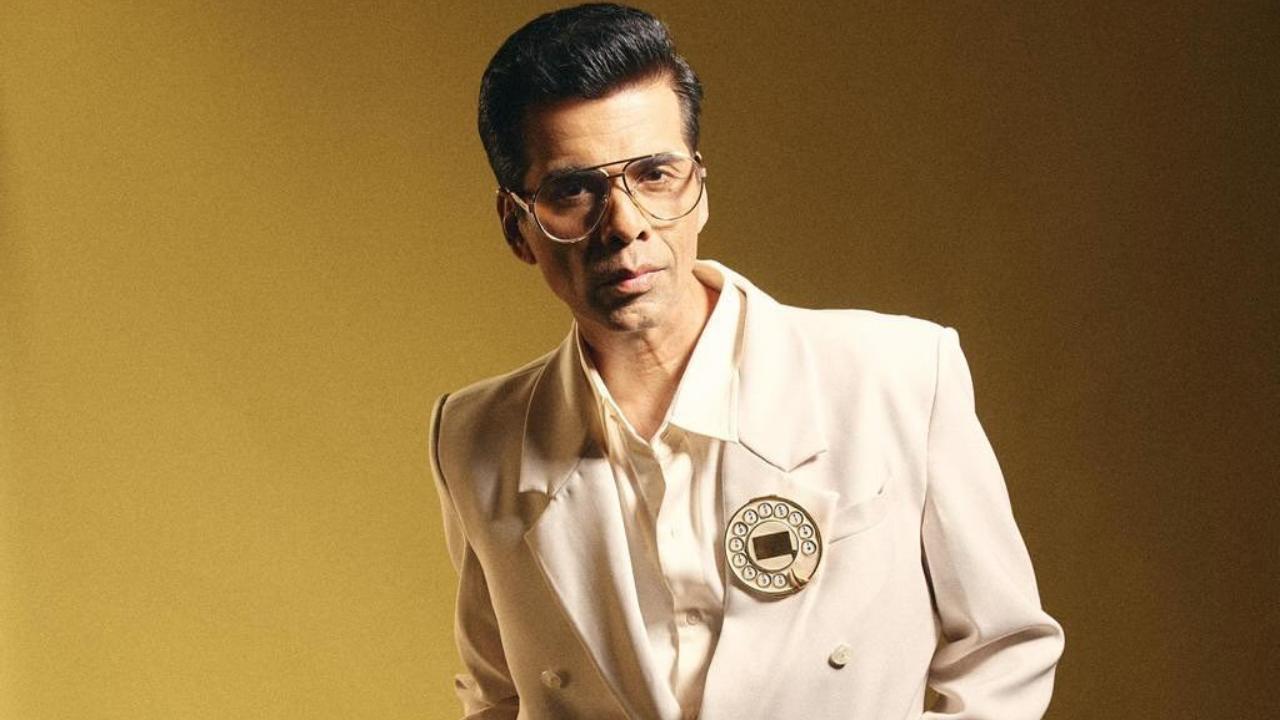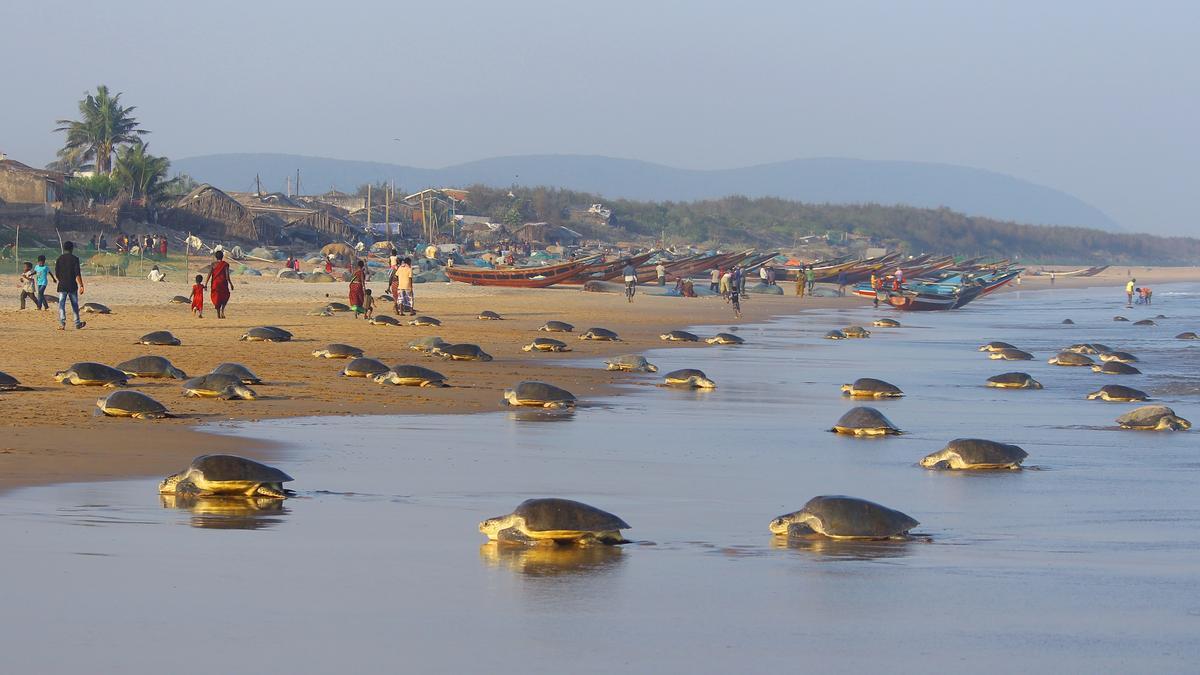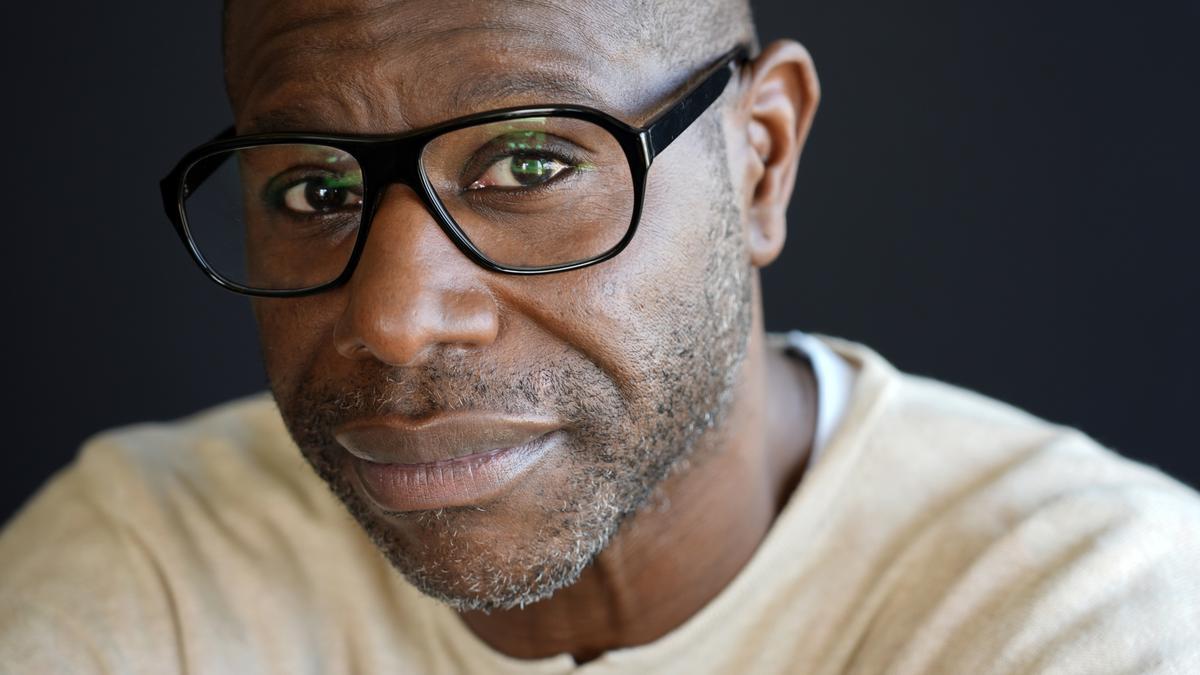
Love, Sitara begins with a nod to Anna Karenina: “All happy families are alike; each unhappy family is unhappy in its own way,” says Sitara, played by Sobhita Dhulipala. Unlike Leo Tolstoy’s great novel from which these words originate, the writing in Vandana Kataria’s film isn’t quite as quotable, although it certainly tries hard. You could assemble a slim volume of pithy self-help slogans from Abbas and Hussain Dalal’s dialogue, such as “Happiness lies in honesty,” “Dysfunction means they are making an effort,” and “I’ll fix myself, before I can fix my relationships.”
Sitara, also known as Tara, and Arjun, portrayed by Rajeev Siddhartha, have been in a tumultuous relationship for several years. Both urbane, attractive, and career-oriented, Tara is a renowned interior designer, while Arjun has just secured a prestigious culinary position in Singapore. When Tara unexpectedly learns she is pregnant, she withholds this information from Arjun and instead proposes to him. Their families gather in Kerala, at the home of Tara’s maternal grandmother, where a wedding date is quickly set amidst light-hearted 2 States-style comedy.
Fortunately, the comedy is short-lived. Early on, a friend expresses surprise at Tara’s sudden openness to marriage, revealing that Arjun had proposed three years earlier, only to be rejected. It becomes clear that Tara’s pregnancy has spurred her change of heart, but the reasons remain murky. As various deceptions unfold—including a possible rift in her parents’ marriage—Tara finds herself in a deep emotional struggle. This creates an intriguing scenario for Dhulipala, known for playing another Tara, a savvy wedding planner, in the Amazon Prime Video series, Made in Heaven.
Director Vandana Kataria, who made a notable debut with the film Noblemen in 2019, shifts her focus to female experiences in Love, Sitara. The screenplay, crafted by Sonia Bahl, features prominent roles for actors like Sonali Kulkarni and veteran theatre actor B. Jayashree, who plays Tara’s endearingly quirky Amumma.
. However, the new film lacks the psychological depth of Kataria’s earlier work. It aims for genuine messiness but often seems to hold back.
One of the film’s biggest drawbacks is the writing, which frequently switches between English and Hindi, with occasional Malayalam phrases. The family drama feels more scripted than authentic, with characters delivering perfectly timed lines like “A mistake can wreck a thousand lives” and “Hearts, like monuments, should be built of stone.” A climactic argument is full of TV serial melodrama, complete with clichéd thunderclaps and torrential rain. Despite the picturesque Kerala countryside setting, it is not effectively utilized, and some character portrayals border on caricature, such as the talkative housemaid with an alcoholic husband.
The film truly shines in the penultimate scene, where Tara and Arjun quarrel like a believable couple with a shared history. If it weren’t for the shadow of Made in Heaven’s Tara Khanna, Dhulipala’s performance might have been more appreciated. Ikhlaque Khan, playing Arjun’s retired army officer father, obsessed with national duty, delivers a memorable performance. Another standout character is Tara’s best friend Anjali, played by Tamara D’Souza, an award-winning photojournalist specializing in human rights issues, who arrives to document the pre-wedding celebrations—a clever side hustle.
Despite its shortcomings, Love, Sitara contains notable performances and attempts to delve into complex emotional terrain, particularly from the female perspective. This makes Vandana Kataria’s film an ambitious, if somewhat flawed, exploration of relationships, family secrets, and personal growth.
These elements make Love, Sitara a film that’s worth watching, especially for its engaging narrative and performances by its lead actors. Sobhita Dhulipala, in particular, showcases her range as an actress, navigating the intricate layers of her character with finesse. The film is currently streaming on ZEE5 and is likely to evoke varied reactions from audiences, but it definitely opens a window to discuss the often messy reality of love and relationships in modern times.
– Published: September 27, 2024, 12:32 pm IST
– Indian Cinema / Hindi Cinema / Reviews










